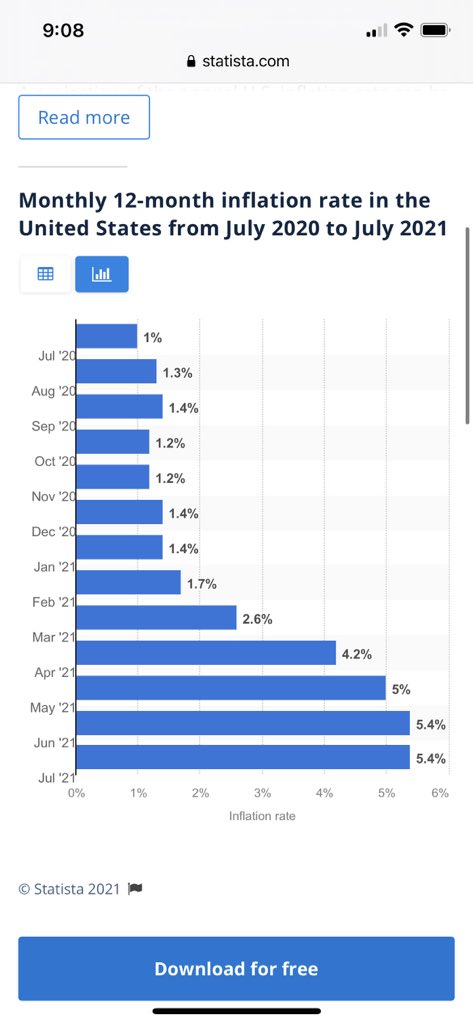You don't understand my point so I'll try explaining it in a different way. This time using snippets of what you said:
"In Economics, there is a law that says interest rates and asset prices move in opposite directions."
I understand the see-saw effect analogous to stocks & bonds.
"Now my generation will never have that same opportunity to build generational wealth, simply because of low interest rates."
You must understand in 1980 I was 28 years old. I demonstrated to you I would love to be 28 now in 2021. I showed you the comparison of what kind of home I could buy NOW vs what I bought THEN. Simply pure common sense logic...apples to apples.
"Those baby boomers were then able to refinance to a lower interest rate and most reinvested the equity against the principle. This lead them to pay off their low priced house very quickly. Then they found themselves with a paid off house and a lot of earning years left. So they bought 2nd homes, condos, timeshares, or upgraded to a bigger house."
Not me!!!! I've lived in the same house for 41 years! You can't make that blanket statement about baby boomers! (Come on, man!



). None of that applies to me! I never refinanced but simply paid it off in 3 years instead of 30. Actually...it was easy. Here's how: After a year I stopped by my bank to pay my monthly mortgage payment. I asked the banker what this dollar amount was in my passbook. That's what you owe he replied. I almost fainted. A year and I had only paid about $400 off of the original loan!
I had an extra $300. What if I pay this? That was then deducted from the loan. Hmmmm.
So each week I paid whatever I could extra, doing that for a year...as well as saving every dollar I could besides. Year three the balance was way down, so I paid that off. The point is work harder...a second job...whatever it takes to make that weight go away!
Now instead of mortgage payments I was able to invest that in mutual funds. Of course it waxed and waned over the years...but as with Vanguard's motto..."Stay the course".
"Now my generation will never have that same opportunity to build generational wealth, simply because of low interest rates. Every asset is super high and with low interest rates, they will never be able to refinance to a lower rate and reinvest the equity."
I've never thought of my home, property, cars, stamps, furniture...anything as equity. I know it is, but I could care less. I can't buy groceries with a sofa. We have to have a place to live, what it's worth I don't care. When young we drove old ratty cars, bought cheap furniture, cheap clothes, etc. We could care less about trying to impress anyone.
"I know this sucks for current retirees', but you had you turn at the trough."
The last raised my hackles

. That's derogatory towards retirees, we're not pigs at a trough.
The bottom line is with low interest rates the younger generation can buy a better place with lower equivalent adjusted for inflation mortgage payments. Work hard, live well below your means, invest all you can. Remember...the IRA didn't start until mid 70s and didn't become popular until early 80s.



 ). None of that applies to me! I never refinanced but simply paid it off in 3 years instead of 30. Actually...it was easy. Here's how: After a year I stopped by my bank to pay my monthly mortgage payment. I asked the banker what this dollar amount was in my passbook. That's what you owe he replied. I almost fainted. A year and I had only paid about $400 off of the original loan!
). None of that applies to me! I never refinanced but simply paid it off in 3 years instead of 30. Actually...it was easy. Here's how: After a year I stopped by my bank to pay my monthly mortgage payment. I asked the banker what this dollar amount was in my passbook. That's what you owe he replied. I almost fainted. A year and I had only paid about $400 off of the original loan! . That's derogatory towards retirees, we're not pigs at a trough.
. That's derogatory towards retirees, we're not pigs at a trough.  ).
).